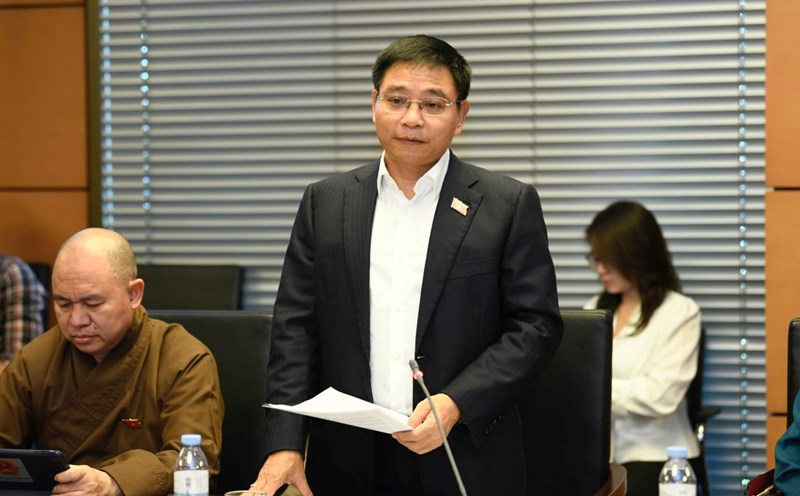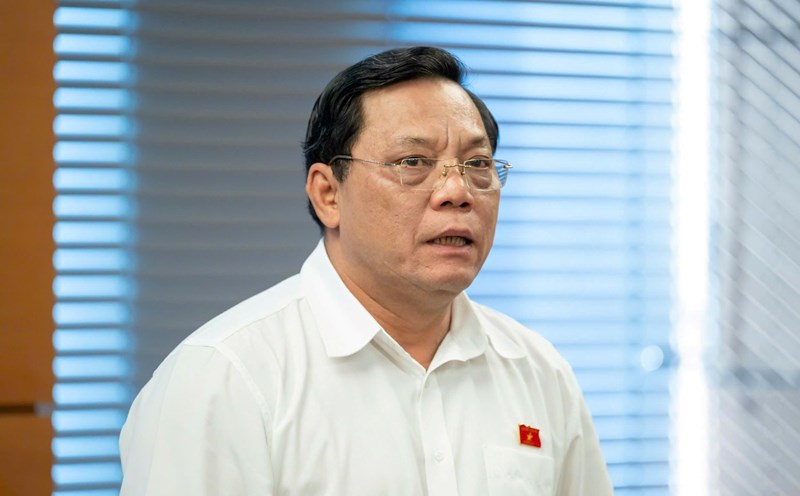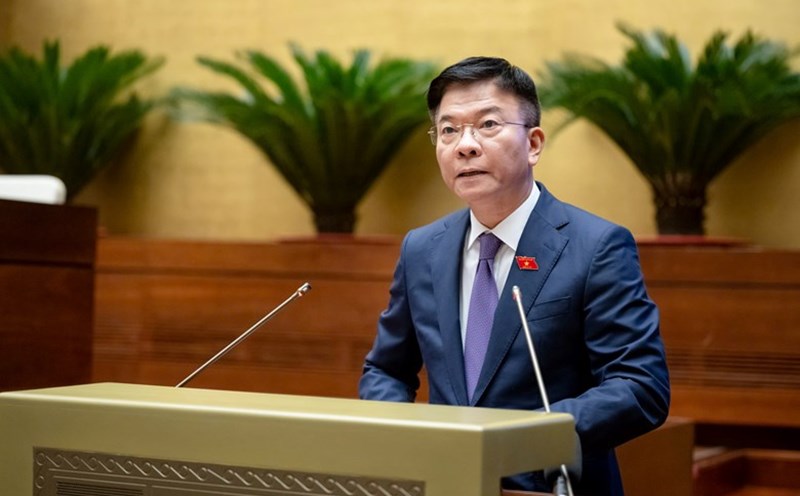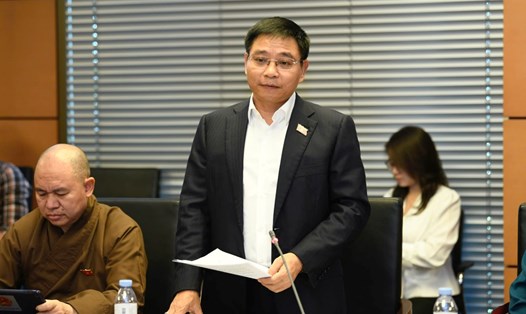On the afternoon of November 13, the National Assembly discussed in the hall the investment policy for the national target program on drug prevention and control until 2030.
Delegate Thach Phuoc Binh (Tra Vinh delegation) expressed concern about the target of reducing drug supply.
Firstly, regarding the increase in the number of drug crimes detected and arrested in border areas, sea routes and air routes, delegates said that this target is consistent with the goal of reducing drug supply but needs to be carefully assessed for feasibility. A 30% increase in the number of detected cases requires forces to have effective technology, resources and strategies.
Therefore, if we do not improve the techniques and skills of the functional forces, it will be very difficult to achieve this target.
Second, on striving to detect and destroy 100% of complex drug points and retailers. According to the delegate, this goal is too high and may be difficult to achieve in the context of increasingly sophisticated drug points and subjects, unless there is really good, close, effective inter-sectoral coordination.
Third, the target of over 70% of the specialized force for drug crime prevention applying advanced technology is very reasonable because the application of technology is extremely necessary to monitor, detect and handle drug crimes.
Delegates are concerned about ensuring budget resources and having a specific roadmap to achieve this ratio.
Regarding the target of reducing demand, the delegate said that controlling the increase in drug addicts to less than 1% per year may be difficult to achieve due to the complexity in controlling and managing the number of drug addicts. This rate also depends on many social and economic factors.
The target is for over 80% of commune-level health stations and 100% of public drug rehabilitation facilities to be qualified to determine addiction status. According to delegates, this is a reasonable and necessary goal to improve the effectiveness of identifying and managing addicts.
However, the reality shows that the current basic health facilities are not guaranteed. Feasibility depends on the budget support for upgrading facilities and training personnel. Therefore, the delegates suggested reviewing this target.
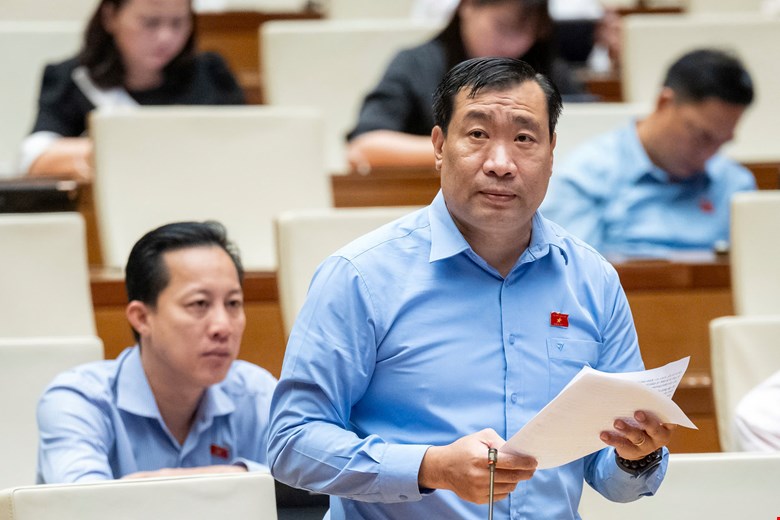
Delegate Nguyen Tam Hung (Ba Ria - Vung Tau Delegation) emphasized that investing in drug prevention programs is extremely necessary and demonstrates the determination to protect people's security and health.
According to the delegate, recently there was a case of a ton of drugs being seized, so the target of increasing the number of drug crimes discovered and arrested by 30% is difficult to achieve and needs to be considered.
The target of eliminating 100% of the areas of illegal cultivation of plants containing narcotics found is not enough to reduce supply. Delegates said that this raises questions about feasibility when facing challenges in budget and resources.
Currently, remote areas and ethnic minority areas still lack infrastructure to implement effective drug addiction treatment measures. They do not have a team of drug addiction treatment reception and counseling that meets the required standards.
According to the delegate, setting targets without ensuring implementation conditions can reduce the effectiveness of the program. Thereby, the delegate suggested that the Government set targets that must be appropriate to resources and implementation capabilities.

